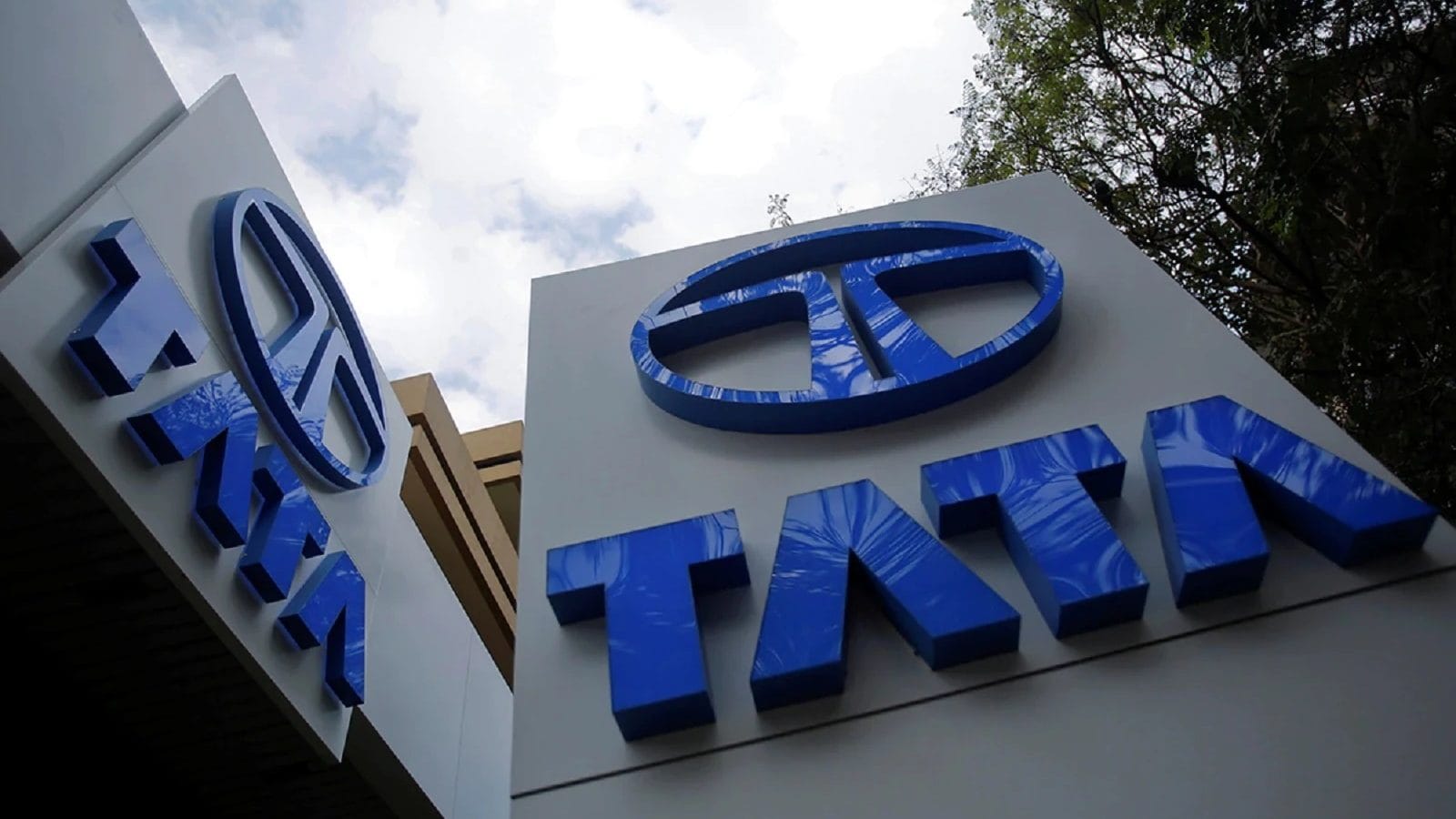Tata Motors Partners with Japanese Company Renesas Electronics to Develop Semiconductor Solutions
Tata Motors, the largest electric vehicle producer in India, and Renesas Electronics, a Japanese chip maker, are working together to design and develop semiconductor solutions, the companies have announced. The news comes as electronics and automotive industries have been hampered by a continuous global scarcity of semiconductor chips.
The partnership is also expected to aid Tata Motors in overcoming the global car chip crisis, which has impacted company’s revenues and led to production reductions and even brief plant closures.
Chips created in partnership with Renesas will also be useful for Jaguar Land Rover’s upcoming and existing electric vehicles.
It was stated that in order to speed the development of electric and connected vehicles, Renesas will work with Tata Motors. As reported, Natarajan Chandrasekaran, the chairman of Tata holding company Tata Sons believes that this collaboration will accelerate “our presence in these areas in India as well as globally”.
Both the companies are interested in working together in areas such as wireless network solutions like 5G as well as upcoming automotive technologies like advanced driver-assistance systems (ADAS). Renesas will also collaborate with Tejas Networks of the Tata Group to produce goods initially for the Indian market and later for the global market.
It was reported last year that Tata Group is looking into the possibility of establishing an outsourced semiconductor assembly and test (OSAT) plant in Telangana, which has been among the three southern states being considered by the group.
An OSAT plant, which is expected to cost $300 million, packages, assembles and tests foundry-made silicon wafers, transforming them into completed semiconductor chips which will be useful for Tata Motors. The facility is also expected will create 4,000 jobs.
It is noteworthy that in order to entice chipmakers from around the world to open operations in India, the government has unveiled a scheme worth about $10 billion. Vedanta-Foxconn, ISMC, and IGSS Venture are three consortiums that have submitted applications for financial aid to build a chip factory.
However, by 2026, it is anticipated that the Indian semiconductor industry would have grown to $64 billion, driven by rising demand from the industrial and IT sectors, as well as from mobile and wearable devices.
According to a report by the Indian Electronics and Semiconductors Association (IESA), the share of locally produced components would increase to 17% by 2026 from just 9% in 2021 as a result of government actions to support semiconductor manufacturing in the nation.
The report stated: “Locally sourced semiconductor market is poised to grow at CAGR of 30% from $1.7 billion in 2019 to $11.0 billion in 2026. These astounding numbers are possible due to support from the government in establishing manufacturing sites across pan-India.”
Meanwhile, the worldwide semiconductor market is expected to reach $1 trillion by 2030, up from $440 billion in 2020.
Read all the Latest News, Breaking News, watch Top Videos and Live TV here.
For all the latest business News Click Here

